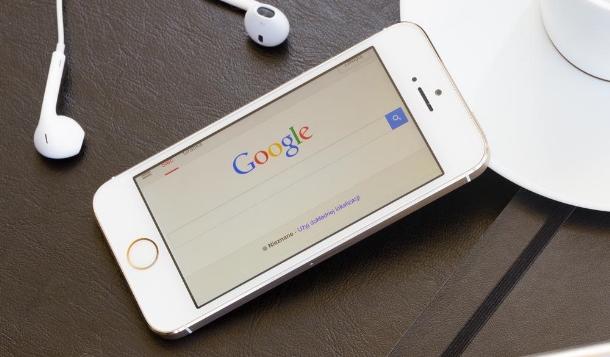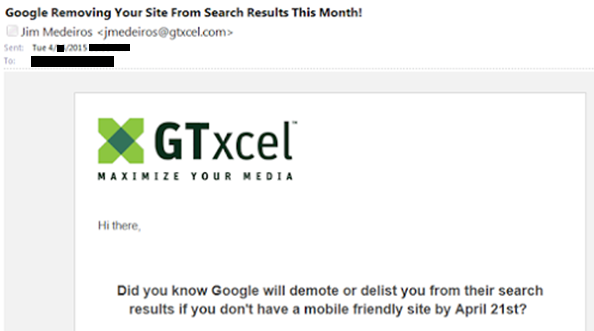Crawling and indexing issues are one of the most damaging SEO issues a site can have. Not only do they hurt your rankings, making your business and products less visible in search results. These types of issues can completely prevent pages or entire sections of your site from being properly added to Google’s search indexes.
Now, two of Google’s most well-known representatives have shed light on the two biggest crawling issues the search engine encounters regularly
In a recent Search Off the Record podcast, Gary Illyes and Martin Splitt went into detail on the biggest crawling challenges Google faces in 2025, including the two biggest issues Google sees.
According to Illyes and Splitt, faceted navigation and action parameters account for approximately 75% of crawling issues that Google encounters.
Both issues create crawling problems that can overload your server, slow your site down significantly, and create infinite crawling loops. If this happens, Google’s crawlers can expend a massive amount of energy and server bandwidth that can bring your website to a screeching halt and even make your site entirely inaccessible in some cases.
The Two Biggest Crawling Issues
Gary Illyes says the two biggest issues account for 75% of crawl challenges.
- Faceted Navigation – This accounts for 50% of issues according to Google. This is a navigation strategy (typically used on e-commerce sites) to allow users to filter and navigate items based on specific details like price, manufacturer, or size. The issue is that this system can generate a seemingly endless number of URL patterns if it creates a URL for every single combination of filters. Without careful management, this can lead to Google crawlers expending crawl budgets on URLs with negligible search value, duplicate content issues, and slower site performance.
- Action Parameters – These account for 25% of challenges. These are URL parameters used to trigger or track specific user actions, such as adding an item to a cart or saving an item to a wishlist. Importantly, these sorts of parameters don’t tend to meaningfully change page content, creating widespread duplicate content issues on your site.
Additionally, Illyes mentioned a few other, less common crawling challenges:
- Irrelevant Parameters – These account for 10% of issues. These problems pop up when crawlers notice strings of parameters (typically used to track session ID numbers or UTM parameters) attached to content that Google’s systems deem irrelevant to the actual navigation or page content.
- WordPress Plugins or Widgets – Approximately 5% of crawling issues come from WordPress plugins and other tools for sites using similar CRM’s. In some cases, these widgets may modify URLs for event tracking. Google can struggle to understand when this happens, because there is not an established system or pattern that these tools follow.
- “Weird Stuff”: – Lastly, Illyes attributed approximately 2% of problems to rare technical issues that pop-up. In the podcast, he cited times when URLs may be double-encoded. This means that when the crawler decodes the URL, it is still left with an unusable encoded string instead of a functional URL.
In the discussion, Illyes and Splitt go more into detail about these issues, what causes them to arise, and how to prevent them. For more, listen to the full episode here.






